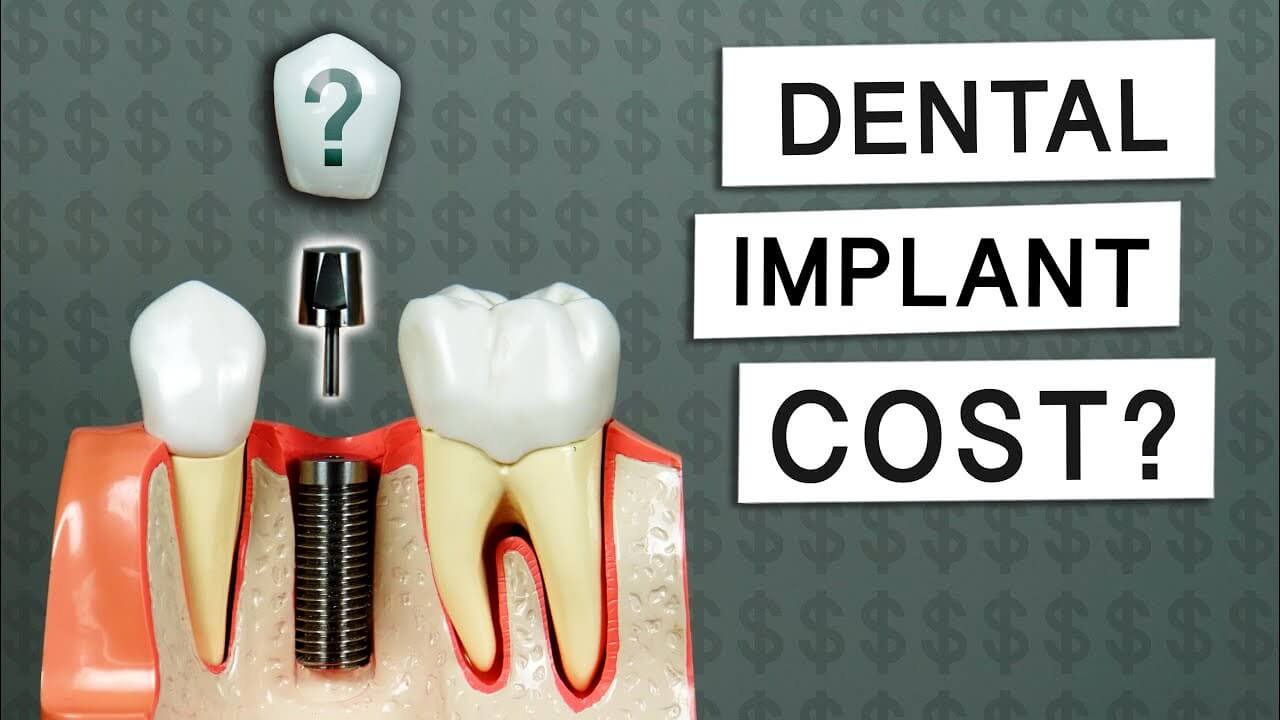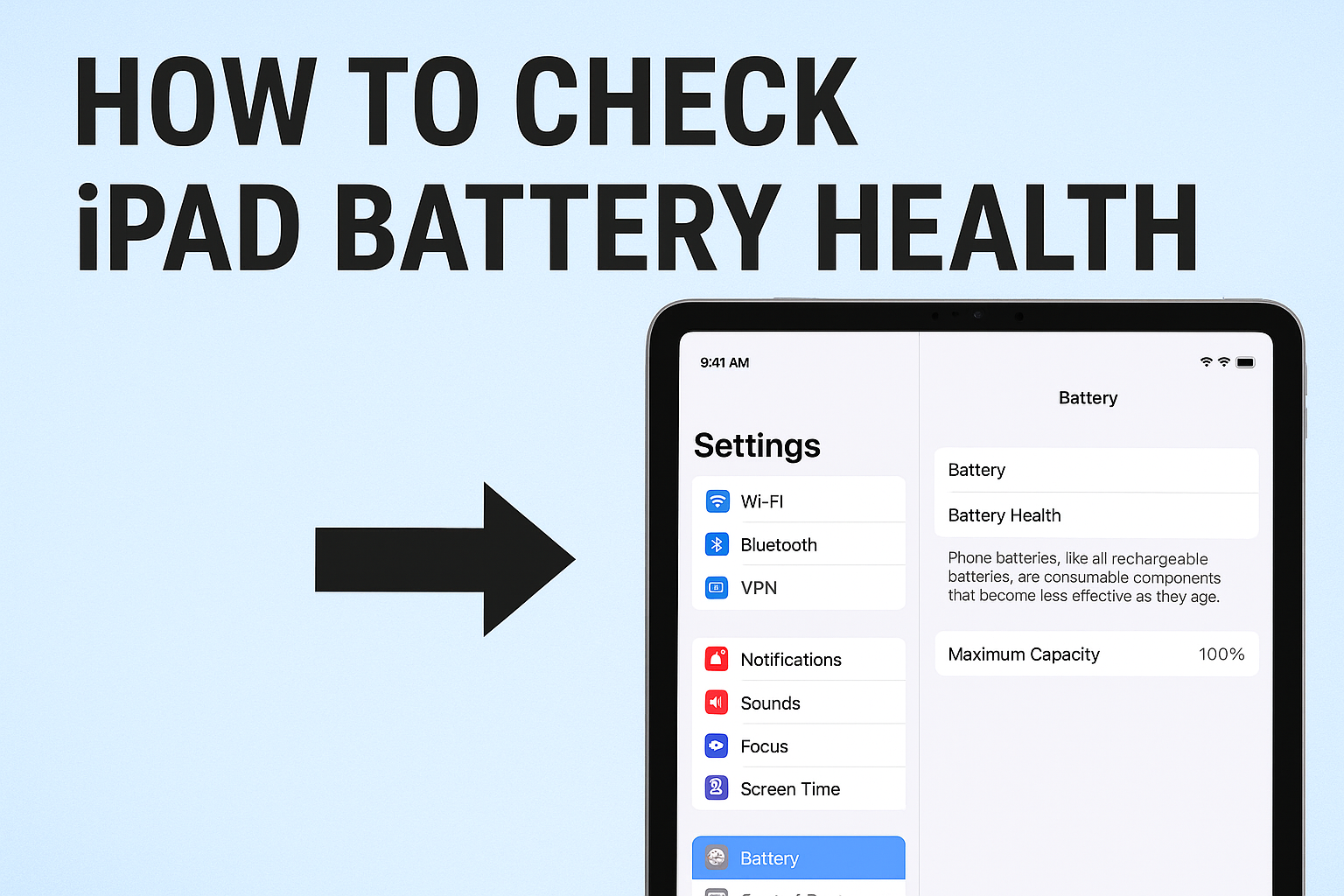
If you’re considering dental implants to replace missing or damaged teeth, one of the first questions that may come to mind is: How much do dental implants cost? The price of dental implants can vary widely depending on several factors, including your location, the complexity of the procedure, the type of implants used, and the specific dental practice you choose. In this detailed guide, we’ll break down everything you need to know about dental implants cost, including the factors that influence it, average price ranges, and tips for saving money without compromising quality.
What Are Dental Implants?
Before diving into the cost, let’s quickly define dental implants. Dental implants are artificial tooth roots that are surgically placed into your jawbone to replace missing teeth. They are made of titanium or titanium alloys, which integrate with the bone in a process called osseointegration. After the implants fuse with the bone, a crown (or prosthetic tooth) is placed on top, restoring the function and appearance of your natural teeth.
Compared to traditional dentures and bridges, dental implants offer a more permanent, natural, and functional solution to missing teeth. They look, feel, and function like your own teeth, which makes them an attractive option for people who want a long-lasting and reliable dental solution.
How Much Do Dental Implants Cost?
The cost of dental implants varies significantly depending on a variety of factors. On average, you can expect to pay anywhere between $1,500 to $6,000 per implant. This estimate includes the cost of the implant itself, the abutment (the connector that attaches the crown to the implant), and the crown. However, the overall price can fluctuate based on your unique needs.
Here’s a more detailed breakdown of costs:
1. Single Implant Cost
For a single dental implant (implant + abutment + crown), you can expect to pay between $3,000 and $4,500. This price range includes the surgery and post-surgery follow-up visits.
2. Multiple Implants
If you need to replace more than one tooth, the cost increases. For example, replacing two teeth with implants may cost around $6,000 to $9,000, depending on the complexity of the procedure.
3. Full Mouth Implants (All-on-Four or All-on-Six)
For full mouth restorations, where all your upper or lower teeth are replaced with implants, the cost can range from $15,000 to $30,000 per arch. The All-on-Four or All-on-Six procedures are typically more affordable because fewer implants are used to support a full set of teeth.
Factors That Affect the Cost of Dental Implants
Several factors influence the overall cost of dental implants, and it’s important to consider them when estimating your total treatment expense. Let’s take a closer look:
1. Geographic Location
The cost of dental implants can vary based on where you live. Major cities and areas with a higher cost of living tend to have higher dental implant prices. On the other hand, rural areas or smaller towns may offer lower prices. It’s always a good idea to research dental practices in your area to get a general understanding of the cost.
2. Type of Implant
There are different types of dental implants, and some are more expensive than others. For instance, endosteal implants (implants placed directly into the jawbone) are the most common type and typically cost less than subperiosteal implants, which are placed on top of the jawbone and are used for patients with insufficient bone density.
Additionally, implants made of high-quality titanium alloys or advanced materials can cost more than basic titanium implants. The complexity of the surgery, such as the need for bone grafts or sinus lifts, can also affect the overall cost.
3. Dental Practice and Surgeon Expertise
The dental practice you choose can impact the cost of your implant procedure. Experienced oral surgeons or specialists may charge more for their expertise. However, choosing a skilled and experienced surgeon ensures that you receive the best care, which can result in fewer complications and a higher success rate.
4. Bone Grafting and Other Preliminary Procedures
In some cases, if you have insufficient jawbone to support the implant, you may need a bone grafting procedure before getting dental implants. Bone grafts help build up the jawbone, making it possible to place the implant. Bone grafts can add anywhere from $500 to $3,000 to your treatment cost, depending on the complexity.
Additionally, if you need a sinus lift or other preparatory procedures, these can increase the overall cost of your dental implants. A sinus lift, for example, is a procedure that adds bone to the upper jaw and may cost between $1,500 to $3,000.
5. Crown Material
The material of the crown (the visible part of the implant) also affects the cost. Porcelain crowns are typically more expensive than metal crowns but offer a more natural look. Zirconia crowns are another option that can be both durable and aesthetic, but they come at a higher price point.
6. Additional Costs
Some additional expenses may include X-rays, consultation fees, and follow-up visits, which can add a few hundred dollars to the total cost. Make sure to discuss these potential costs with your dentist upfront.
Financing Options for Dental Implants
Dental implants are a long-term investment, and while the upfront cost can be significant, there are several ways to make the procedure more affordable:
1. Dental Insurance
Traditional dental insurance typically doesn’t cover the full cost of dental implants. However, some plans may cover a portion of the procedure, such as the cost of the crown. It’s essential to check with your insurance provider to understand what’s covered.
2. Payment Plans
Many dental offices offer financing options, allowing you to spread the cost of dental implants over several months or years. Interest rates and terms can vary, so be sure to read the fine print before committing to a payment plan.
3. Health Savings Accounts (HSA) and Flexible Spending Accounts (FSA)
If you have an HSA or FSA, you may be able to use those funds to pay for dental implants. These accounts allow you to set aside pre-tax dollars for medical expenses, including dental procedures.
4. Third-Party Financing
There are several third-party financing companies that specialize in medical and dental procedures. Some of the most popular ones include CareCredit and LendingClub. These services often offer 0% interest plans for a set period, making dental implants more affordable.
Is the Cost of Dental Implants Worth It?
Dental implants are undoubtedly an investment, but they come with several long-term benefits. When compared to traditional dentures, implants provide:
- Improved Functionality: Dental implants allow you to eat and speak naturally without worrying about slipping or discomfort.
- Durability: With proper care, dental implants can last 20 years or more, offering a more permanent solution compared to other options.
- Aesthetic Appeal: Implants look and feel just like your natural teeth, enhancing your smile and boosting your confidence.
- Bone Preservation: Implants help preserve the jawbone, preventing further bone loss that typically occurs with missing teeth.
Considering the long-lasting nature of dental implants, many patients feel the cost is justified by the enhanced quality of life they provide.
Conclusion
The cost of dental implants may seem high, but it’s important to look at the long-term value they offer. Not only do they restore the function and appearance of your smile, but they also help prevent bone loss and provide a permanent solution for tooth loss. With financing options available, the procedure is more accessible than ever.
If you’re considering dental implants, consult with a reputable dentist or oral surgeon to discuss your options and get a personalized estimate based on your needs. Don’t let the price of dental implants hold you back from achieving the smile you deserve.





